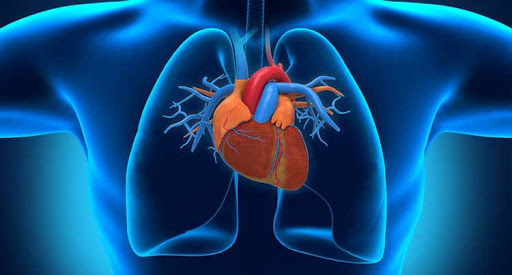Cardiology
Our Specialities
- Bariatric
- Laparoscopy
- General Surgery
- Oncology ( Medical & Surgical )
- Nephrology
- Dermatology
- Plastic & Cosmetic surgery
- Obstetrics & Gynaecology
- Neonatology & Pediatrics
- General Medicine
- Neurology
- GastroIntestinal Surgery
- Urology
- Anaesthesiology
- Critical Care
- Cardiology
- ENT
- Gastroenterology
- Neurosurgery
- Orthopedic & Joint Replacement
- Pulmononary Medicine
- Endocrinology
Any Query

Fortune Hospital’s cardiology department is a globally known and highly specialized department for diagnosis and state-of-the-art treatment of all heart conditions. The department is vibrant, forward-thinking, and committed to providing the best cardiac treatment possible.
Primary angioplasty, pacemaker implantation, non-surgical closure of heart valves, and other emergency heart services are available at the center.Treatment ranges from typical non-invasive treatments to highly advanced invasive procedures such as ICD installation, chronic total occlusion angioplasty, retrograde angioplasty, and so on, all with a focus on integrated patient care. The department of cardiology is open 24 hours a day, seven days a week, with the most advanced, state-of-the-art cath lab.
Services :
- OPD
- ECG & Treadmill test
- 2D Echocardiography
- Hotter monitory
- TMT
We are coming up with advanced cardiac, cath lab shortly
Cardiology Procedures:
There are a variety of procedures available in cardiology.The hospital offers a wide range of cardiac operations, including both invasive and non-invasive procedures such as:
- Coronary angiography and angioplasty
- Angioplasty stenting procedures for the carotid, renal, and peripheral arteries, as well as additional angioplasty stenting procedures
- Implantation of a pacemaker and an ICD
- Implantation of a CRT and a Combo device for people with weak hearts.
- Valvuloplasty of the mitral, aortic, and pulmonary valves (opening of stenosed valve)
- Closure of a Heart Hole without Surgery
- Closures for ASD, VSD, and PDA devices.
- Angioplasties with a rotablator (For chronic, extremely hard blocks).
- Lesion severity assessment with a pressure wire (FFR).
- For the greatest stenting results, use an intravascular ultrasound system.
- To control bleeding, the brachial and abdominal arteries are obliterated.
- Aortic intervention for aneurysm and dissection repair using a catheter.
- Thrombolysis for Deep Vein Thrombosis and Arterial Thrombosis, as well as pulmonary and blocked valve embolism
